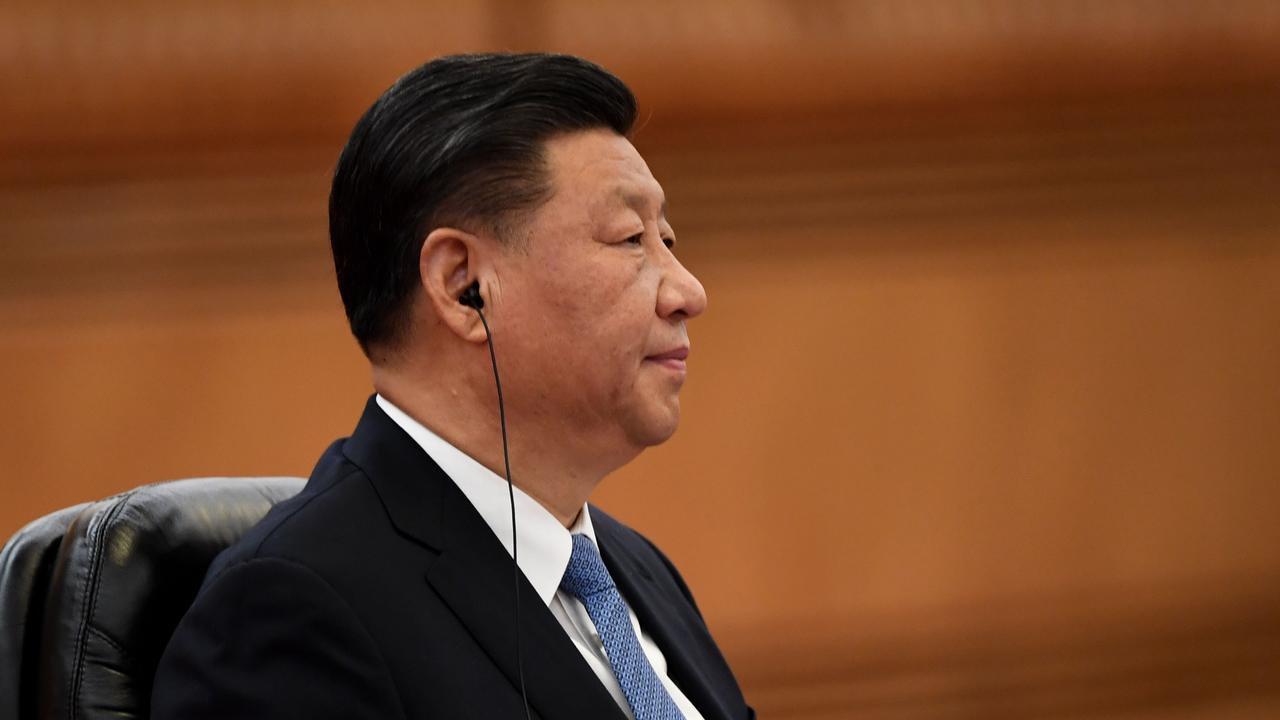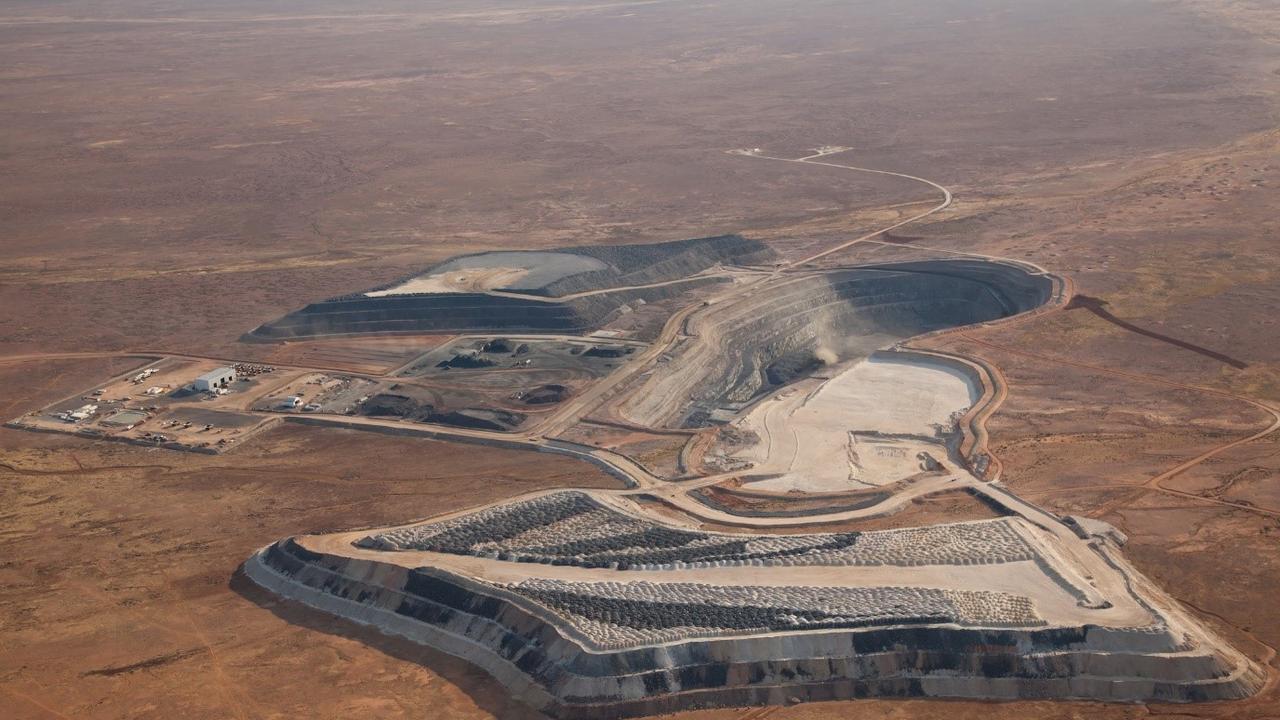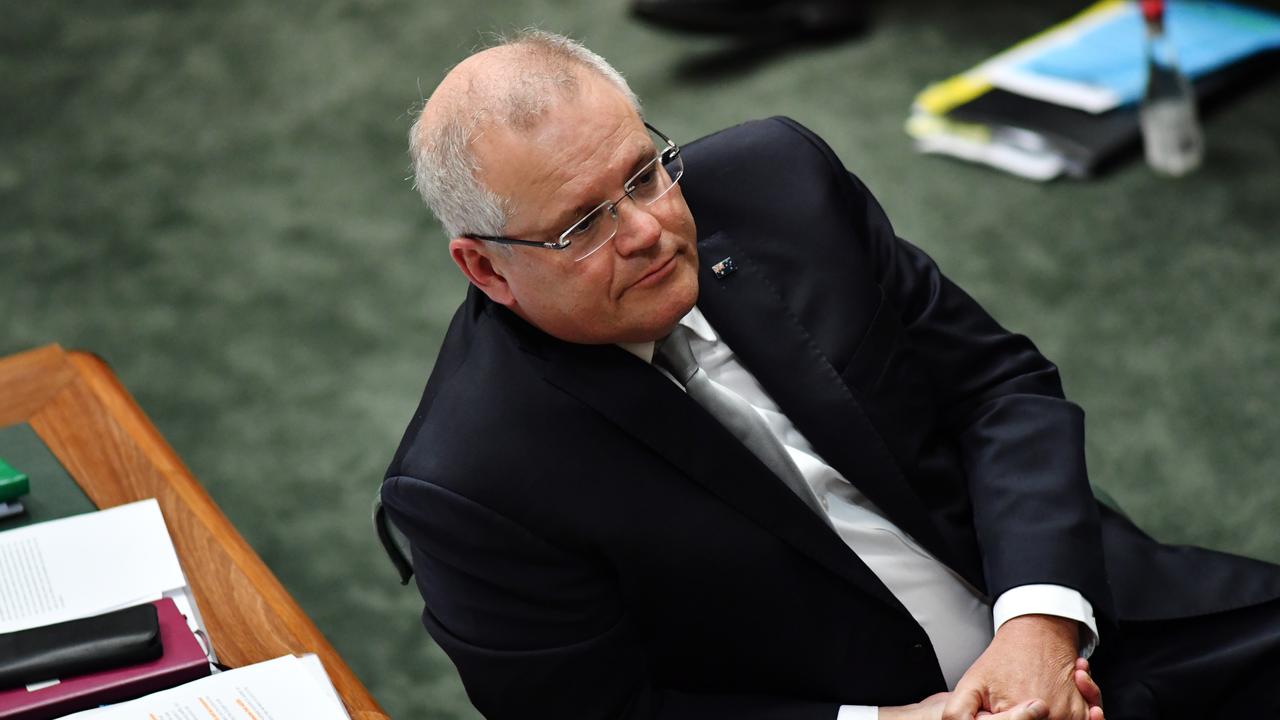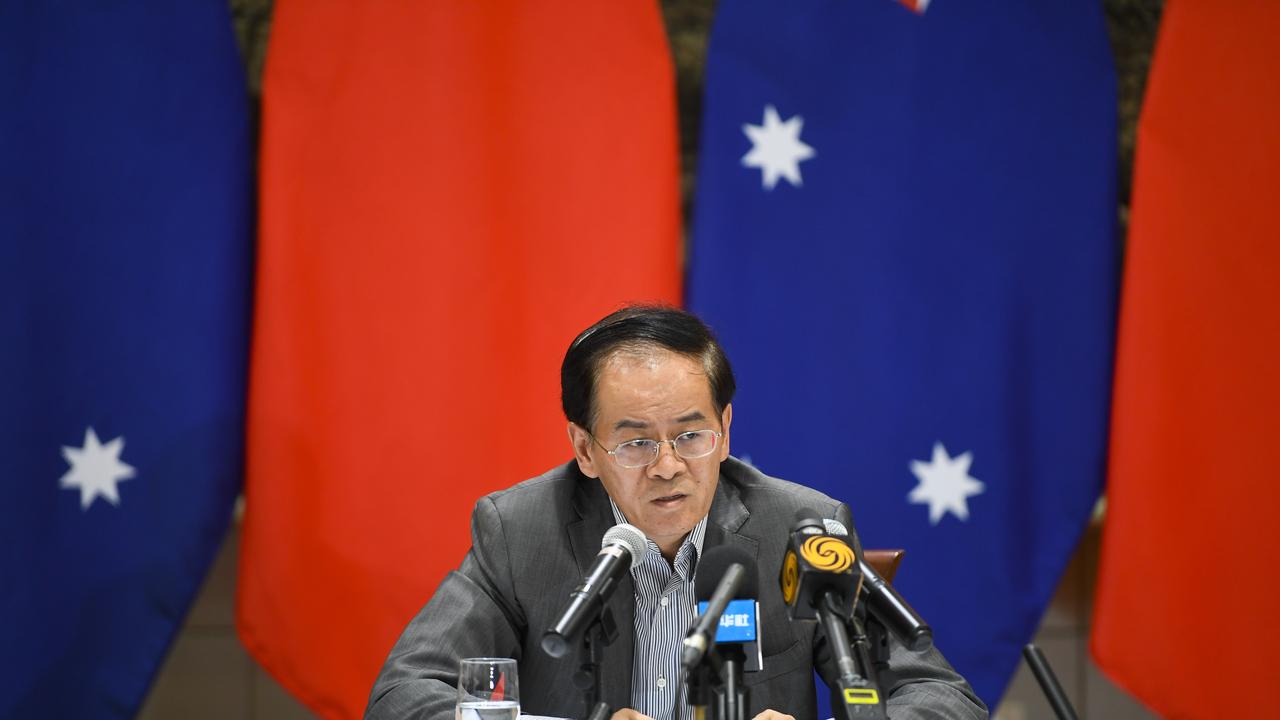‘Wake-up call’: China threatens Australia’s iron exports after COVID-19 inquiry
China has threatened to cut off Australia’s $63 billion iron ore export pipeline to Beijing, as relations continue to sour over the COVID-19 inquiry.
China has threatened to cut off Australia’s $63 billion iron ore export pipeline to Beijing following the Morrison Government’s calls for an international inquiry into the origins of COVID-19.
The Chinese government has hinted that Beijing’s boycott of Australian exports could extend beyond beef and barley, describing it as a “wake-up call” for the nation.
It comes after China targeted beef and barley producers this week, sending panic through other industries fearing they could be next on the line.
‘AUSTRALIA IS NOT OUR ONLY OPTION’: CHINA’S THREAT
The Global Times newspaper, a mouthpiece for the communist government, suggested China did not need Australian exports and could easily turn to Brazil for iron ore and other commodities.
“The latest meat import suspension and the possible imposition of major tariffs on Australia’s barley exports don’t necessarily represent China’s economic punishment for Australia, though they may serve as a wake-up call for Australia to reflect on its economic links with China,” the newspaper said.
“While China is the only choice for Australia’s massive commodity exports, Australia is not necessarily the only option for China. There are also other countries like Brazil that can supply huge amounts of iron ore, coal or LNG to China.”
RELATED: Follow our full coronavirus coverage

China has already suspended meat imports from at least four Australian abattoirs amid souring relations between the two nations.
The Kilcoy plant, Beef City in Toowoomba, the Dinmore meatworks in Brisbane and the Northern Co-operative Meat Company at Casino in NSW have been suspended by Australia’s largest trading partner.
China is the number one market for Australian beef, accounting for about 30 per cent of exports.
It comes after China’s Ministry of Commerce gave the nation’s barley producers 10 days to respond to an anti-dumping investigation that’s been conducted into Australian grain imports since 2010, threatening to slap them with tariffs of up to 80 per cent.
China has alleged that Australian farmers produced barley at a price lower than its “normal” level between 2014 and 2016, and is now considering two separate tariffs – a dumping margin of 73.6 per cent and a subsidy margin of 6.9 per cent on Australian barley exported to China.
Australian relations with China have been heavily strained since Prime Minister Scott Morrison – among other world leaders – began pushing for an independent global inquiry into coronavirus.
RELATED: Virus changed how Aussies see China
RELATED: Coronavirus may ‘never go away’
PM URGED TO ‘RESIST BULLYING’
The Australian Workers’ Union has written a letter of support to the PM, saying he must stand firm against the Chinese government.
“Australia should resist any attempts to be bullied,” AWU national secretary Daniel Walton said in the letter.
“It is critical the Australian government holds its nerve against such pressure and enforces its international and domestic rights.”
“It might suit billionaires who have cosy relationships with the Chinese Communist Party for our government to roll over, but AWU members expect their government to stand for them and defend the national interest,” he said.

The AWU boss called on the Government to establish a “trade NATO” bloc powerful enough to take on “China’s preferred approach of bilateral bullying”.
“The integrity of Australia’s trading regime is paramount to sovereignty,” he wrote. “We note with concern the pressure being placed upon the Australian government with respect to the integrity of its trade regime.”
CHINA DODGES QUESTION ON MOTIVATIONS
One third of Australia’s exports – including iron ore, gas, coal and food – are exported to our largest trading partner, bringing in around $135 billion per year.
Chinese authorities are continuing to dodge the question of whether trade strikes were politically motivated.
China’s Ministry of Foreign Affairs spokesman Zhao Lijian said the trade strikes on abattoirs, which were first reported on Tuesday, were due to quarantine and custom standards violations as opposed to the country’s fury with Canberra over a COVID-19 inquiry.
“As to the Australian-launched inquiry into the virus, as is known by all, the origin of the virus requires the assessment of specialists and scientists,” Mr Zhao said on Tuesday night.
“Using the virus for political manoeuvre will only disrupt the epidemic co-operation. This will only be an unpopular move. China always believes that mutual respect and equality should be the basis for the development of bilateral relations,” he said.
“Mutual respect should be the basis of good relations.”
RELATED: China’s response to second wave of infections
RELATED: Fears of China milk ban

Federal Trade Minister Simon Birmingham confirmed his Chinese counterpart had not responded to requests to discuss the diplomatic row.
“We have not secured said meeting yet. I would hope that would be forthcoming,” he told parliament yesterday.
He added it was most appropriate that industry sort out the problems with Chinese administrators directly.
Senator Birmingham also told Australian companies to make sure all their paperwork is in order so that more industries cannot be targeted, following reports of fears among Australian dairy and wine producers.
“Everyone at present should be, as they always should, dotting their Is and crossing their Ts and leaving no scope for any grievance to be raised.”
Mr Morrison said China’s claims related to “paperwork and administration issues”.
He told parliament that Australia had raised trade issues with China frequently and would continue to do so.
“From time to time there will be differences of views about those issues and we will seek to progress them very constructively in the national interest, always in the national interest,” Mr Morrison said.
A separate article in the Global Times discouraged Chinese citizens from doing business with Australia.
“It now seems necessary to advise Chinese people and companies to watch out for potential risks when it comes to doing business with or studying in Australia,” the opinion article said.
‘BLUSTER RATHER THAN REAL ACTION’
Experts have argued China is unlikely to target our iron ore production.
China’s ambassador to Australia, Cheng Jingye, warned the nation could face an all-out boycott if the COVID-19 inquiry continues.
He told The Australian Financial Review last month the country might face a Chinese boycott of its tourism and exports of wine, beef and other goods if the PM pressed for an inquiry.

But Peter Jennings, executive director at the Australian Strategic Policy Institute, said this was unlikely.
“Trade with China is always inherently political. It’s something the CCP uses to achieve political objectives as well as economic ones,” he told ABC World Radio. “Most of what I think we’re seeing is bluster rather than real action.”
He added that the Australian Government was right to pursue an inquiry into the origins of COVID-19.
“I’d make a point also that it’s one thing to stop buying bananas from the Philippines … but if you’re going after Australia, you’re going after a G20 country. That’s going to be noticed all around the world and I think would be very counter-productive to China’s interests.”



